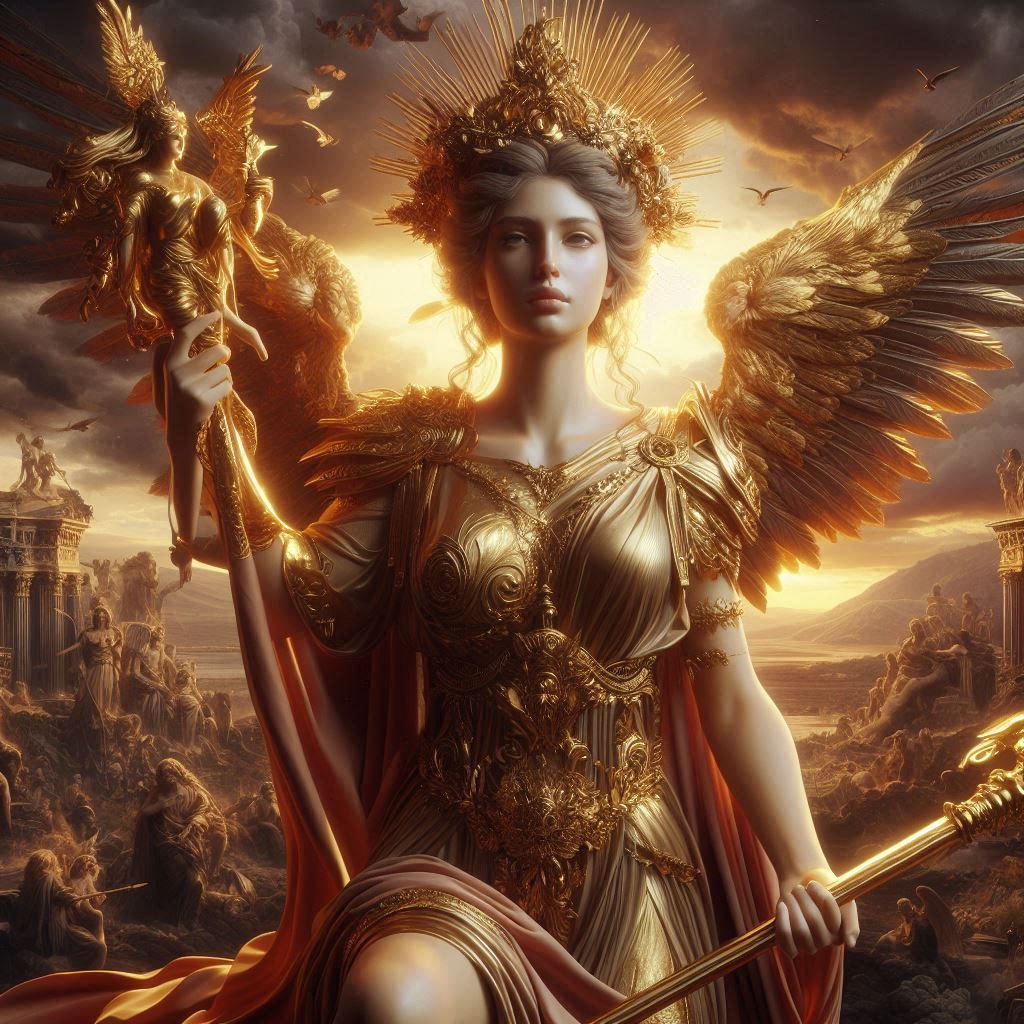Table of Contents
Is Jon Snow a Targaryen?
Is Jon Snow a Targaryen? The identity of Jon Snow, a central figure in George R.R. Martin’s A Song of Ice and Fire series and its television adaptation, Game of Thrones, has long been a source of intrigue for fans. The revelation of Jon’s lineage — that he is not Eddard Stark’s illegitimate son but rather the child of Rhaegar Targaryen and Lyanna Stark — fundamentally alters his character’s narrative arc and the broader themes of the series. In this essay, we will explore Jon Snow’s Targaryen heritage, its narrative significance, and the implications for his character and the story.

The Evidence of Jon’s Parentage
The theory that Jon Snow is a Targaryen — specifically the son of Rhaegar Targaryen and Lyanna Stark — gained traction long before it was confirmed in Game of Thrones. Known as the R+L=J theory, this speculation stemmed from clues embedded in Martin’s books.
1. Clues in the Text
- Eddard Stark’s Secrecy: From the outset, Eddard Stark’s treatment of Jon’s parentage seems unusually reserved. Ned, known for his unflinching honesty, refuses to discuss Jon’s mother, even with his wife, Catelyn. His cryptic remarks about making a promise to Lyanna on her deathbed — “Promise me, Ned” — hint at a deeper secret.
- Jon’s Appearance: Jon’s dark hair and Stark features might seem inconsistent with a Targaryen lineage. However, the books emphasize that Targaryen traits do not always dominate; Rhaegar’s own son, Aegon VI, is described as having darker hair due to his Dornish mother.
2. Confirmation in Game of Thrones
- In Game of Thrones Season 6, the Tower of Joy flashback reveals Lyanna Stark dying after childbirth. She whispers to Ned, entrusting him with her son and identifying the child’s father as Rhaegar. This sequence confirms Jon Snow’s true lineage.
Jon as a Stark and a Targaryen
Jon Snow’s dual heritage is more than a genealogical curiosity; it places him at the intersection of two great houses, blending fire (Targaryen) and ice (Stark). This duality is crucial to the themes of A Song of Ice and Fire.
1. The Stark Legacy
Jon’s upbringing at Winterfell imbues him with the Stark sense of honor, duty, and loyalty. These values define his personality, shaping his leadership style and his relationships. His Stark identity makes him an outsider among the Targaryens, as he prioritizes justice over ambition.
2. The Targaryen Legacy
Jon’s Targaryen bloodline gives him a claim to the Iron Throne and connects him to the story’s mythological elements, including dragons. His Targaryen heritage also grants him the potential to fulfill prophecies such as the Prince That Was Promised or Azor Ahai, figures destined to save the world from darkness.
Narrative Significance
Jon’s lineage has profound implications for the plot.
- The Iron Throne: As the legitimate son of Rhaegar (and named Aegon Targaryen in the show), Jon’s claim to the throne surpasses that of Daenerys Targaryen. This creates tension, particularly in Game of Thrones, where Daenerys’s pursuit of power conflicts with Jon’s disinterest in ruling.
- Unity of Westeros: Jon’s Stark-Targaryen heritage symbolizes unity between warring factions. As a character who transcends the boundaries of House allegiance, Jon is uniquely positioned to lead in the fight against existential threats like the White Walkers.
- The Tragedy of Truth: Jon’s discovery of his lineage brings more burdens than benefits. While it grants him legitimacy, it also isolates him, undermining his sense of belonging and loyalty to the Stark family.
Philosophical and Thematic Implications
Jon Snow’s Targaryen lineage deepens the series’ exploration of identity, power, and destiny.
- Identity and Belonging: Jon’s journey is one of self-discovery. Raised as a bastard, he wrestles with feelings of inadequacy and exclusion. Learning of his royal bloodline shifts his struggle from self-worth to the burdens of destiny.
- The Corrupting Nature of Power: Unlike Daenerys, Jon shows little interest in ruling. His rejection of the Iron Throne underscores his belief in service over dominion, contrasting with the Targaryen tendency toward autocracy.
- Prophecy and Free Will: Jon’s role in various prophecies raises questions about fate. Is Jon destined to fulfill a specific role, or does he retain agency in shaping his path?
Conclusion
Jon Snow’s Targaryen heritage is a revelation that reshapes not only his character but also the trajectory of the series. As both a Stark and a Targaryen, he embodies the union of two powerful forces — ice and fire — making him central to the resolution of the story’s conflicts. Yet, the ultimate significance of Jon’s lineage lies not in his claim to the throne but in his ability to transcend the divisions of his world. Whether as the Prince That Was Promised or a reluctant hero, Jon Snow’s identity as a Targaryen enriches the narrative, making him one of the most complex and compelling figures in modern fantasy.


No responses yet